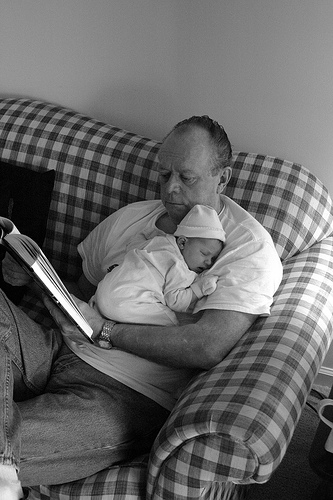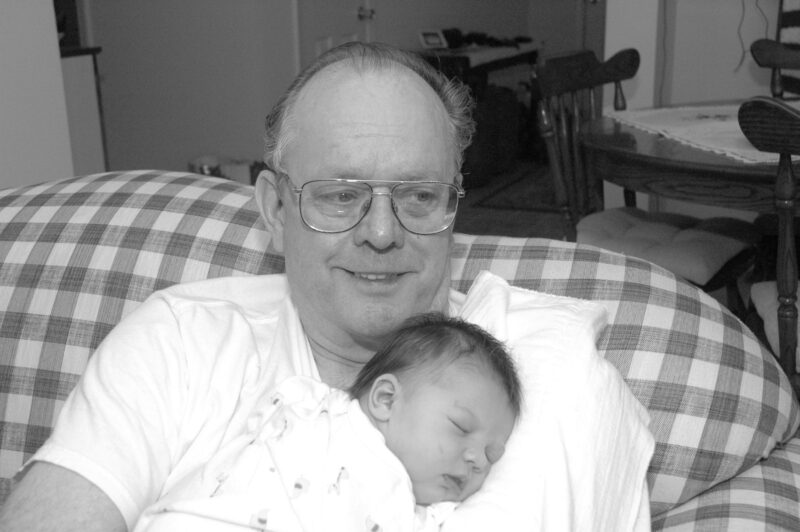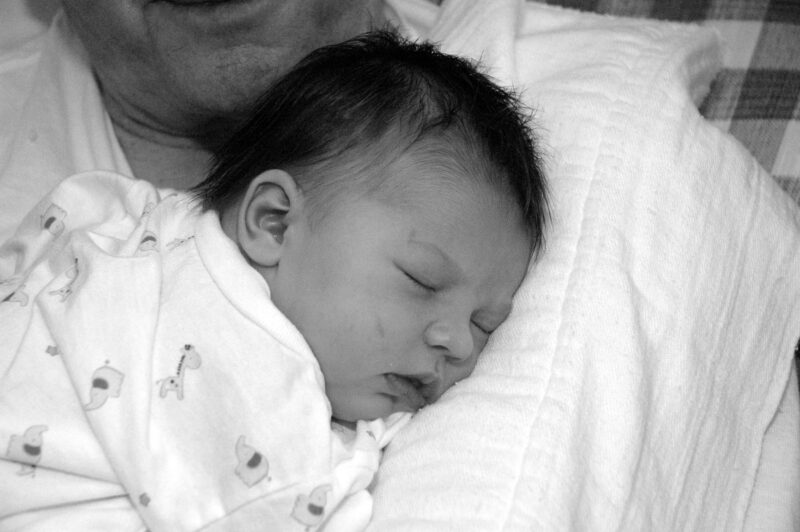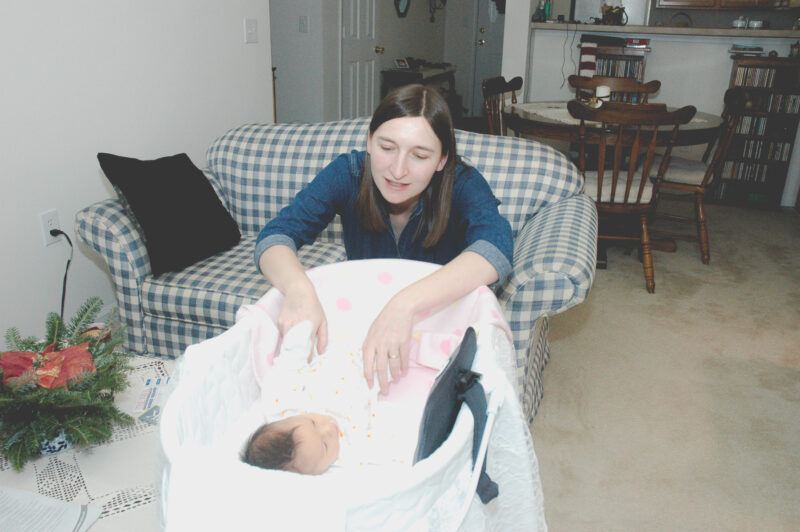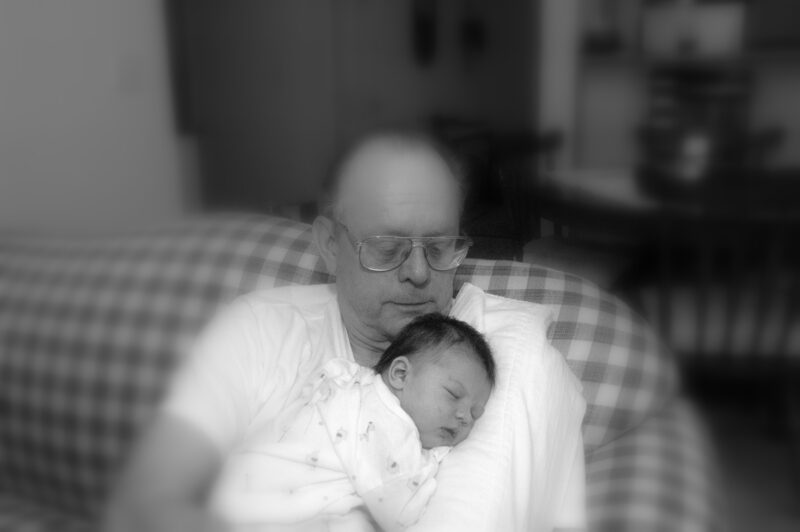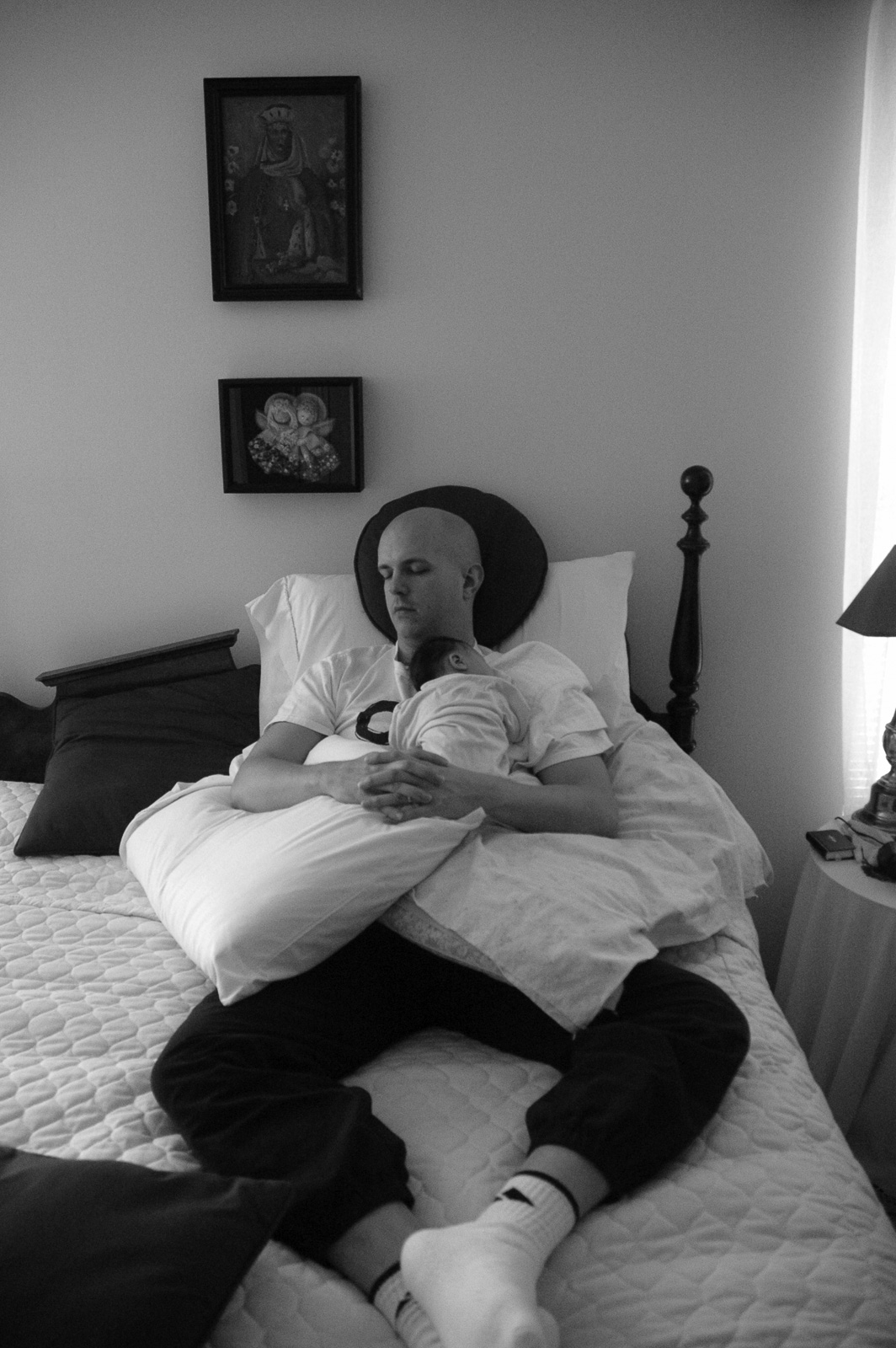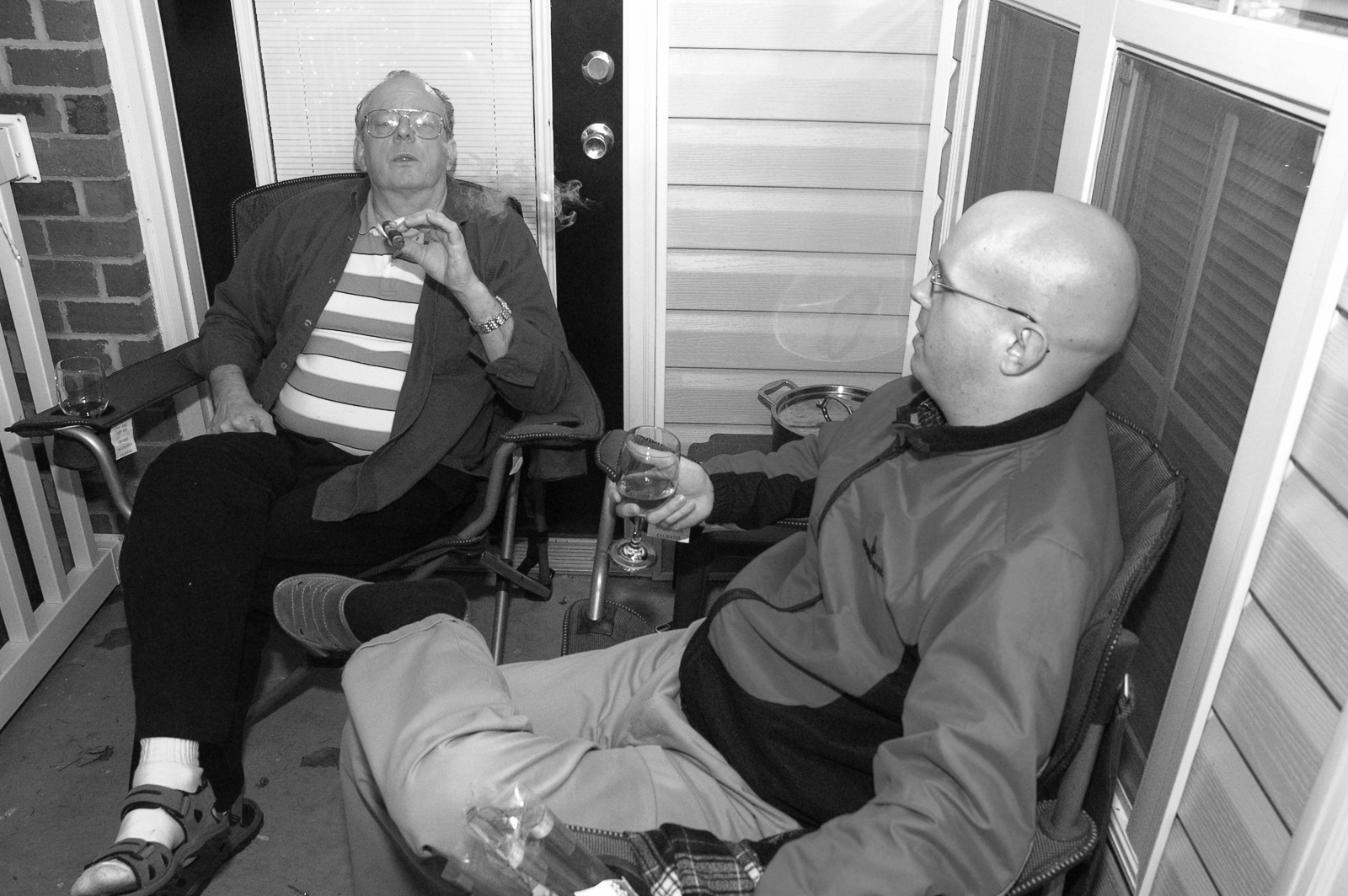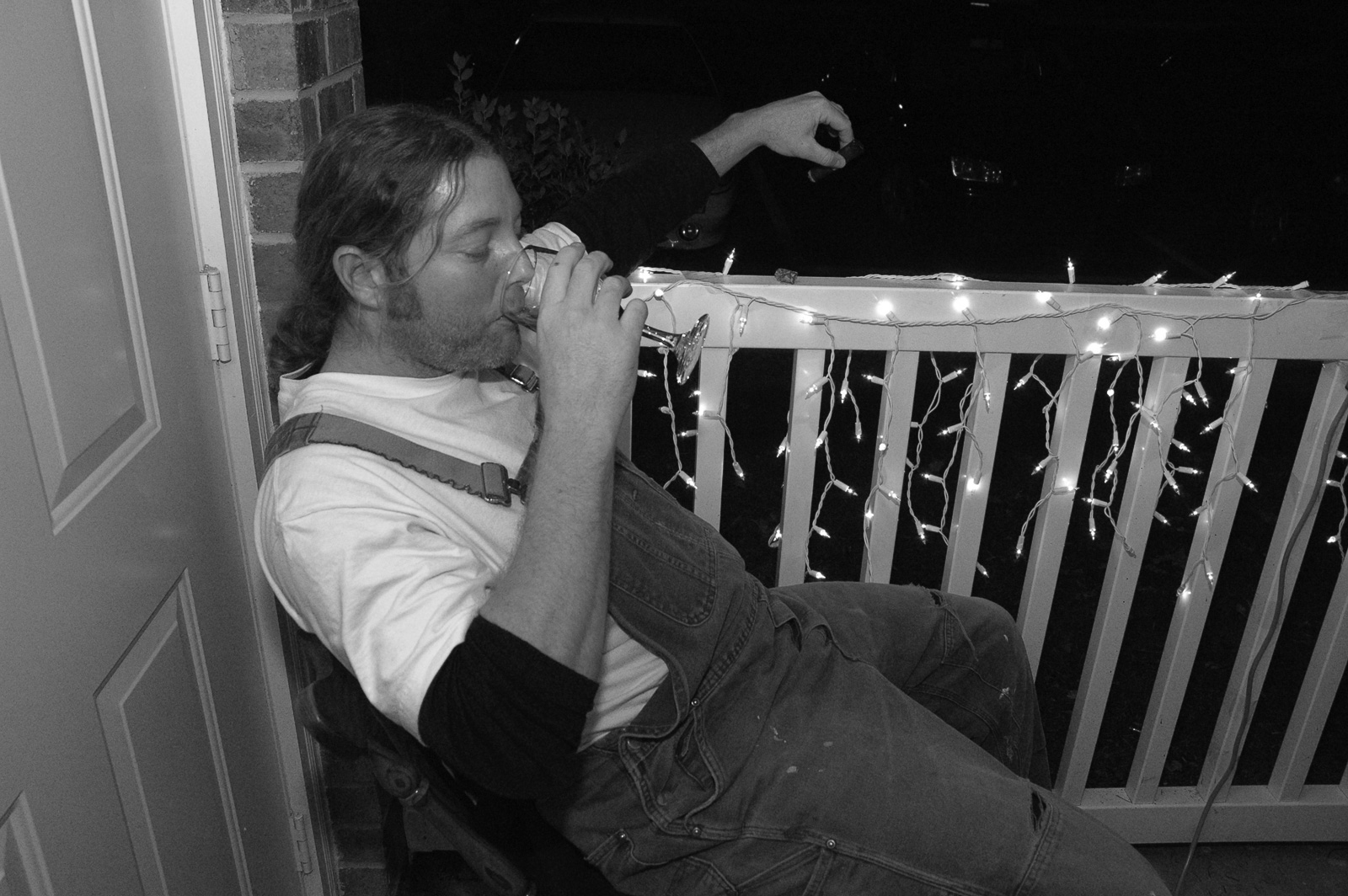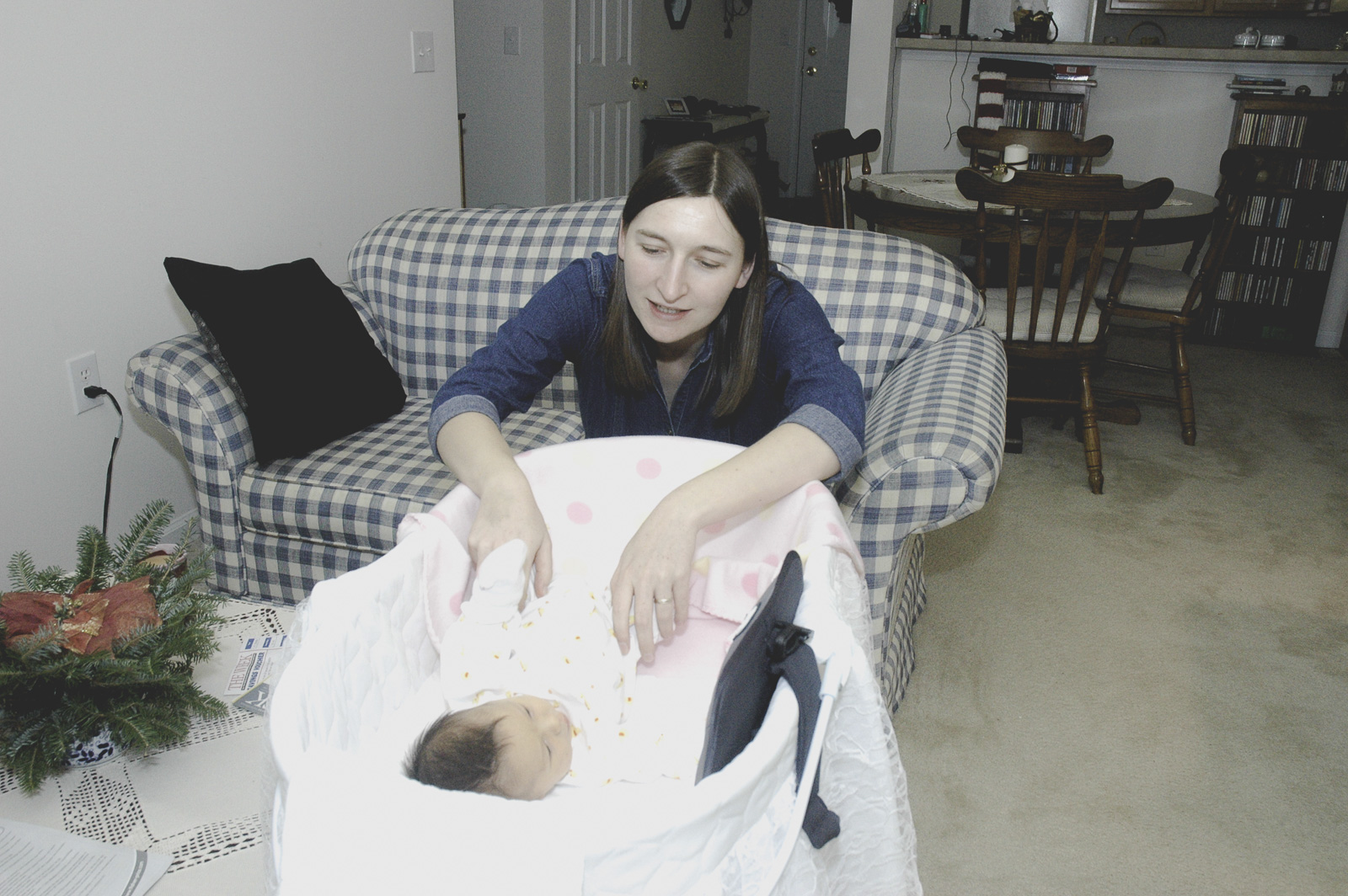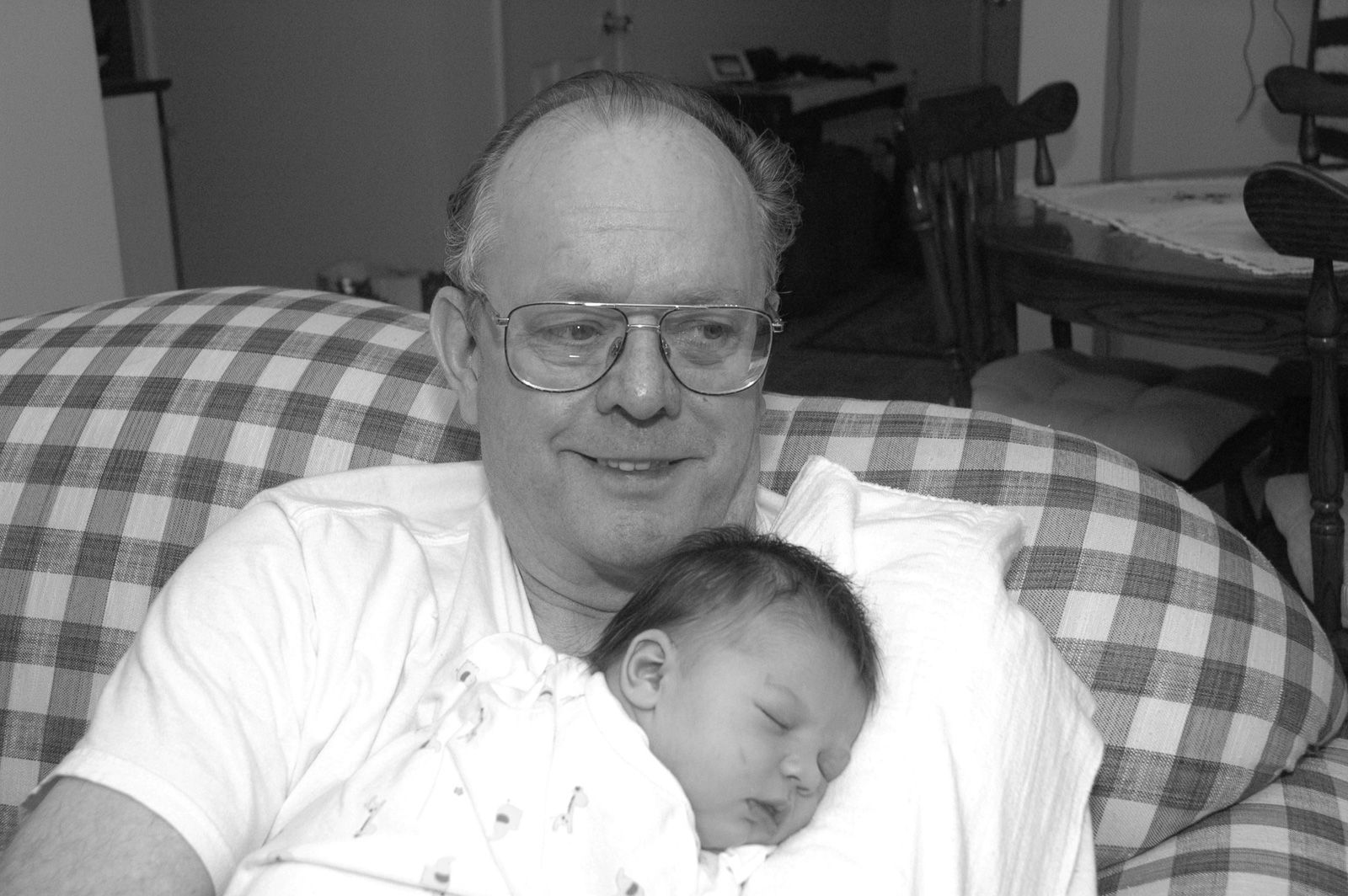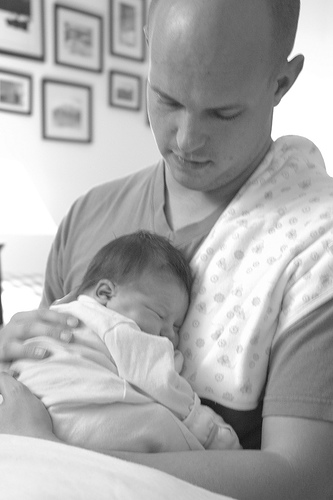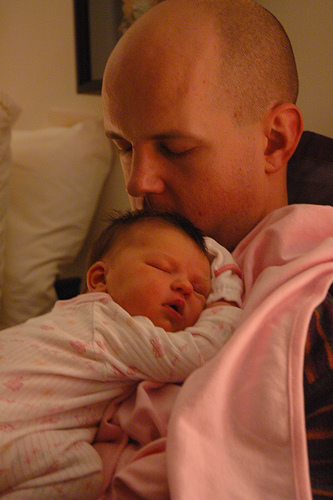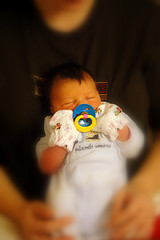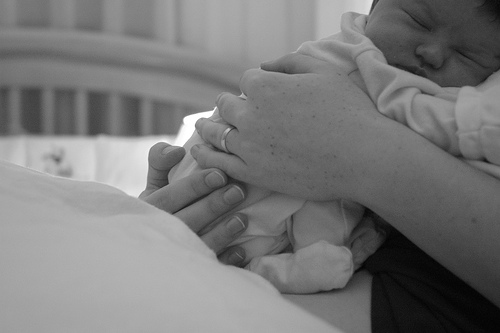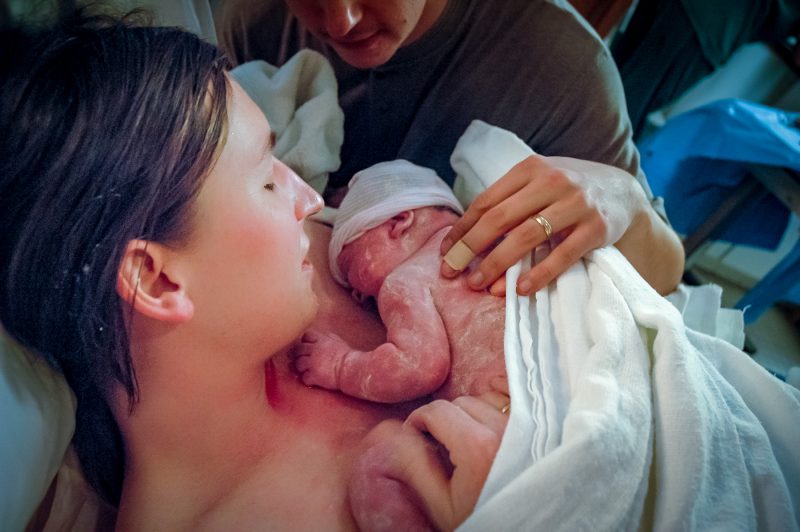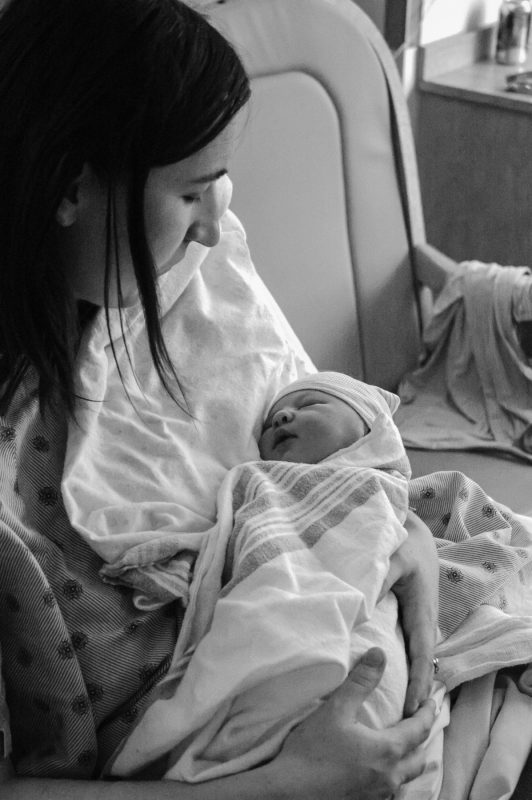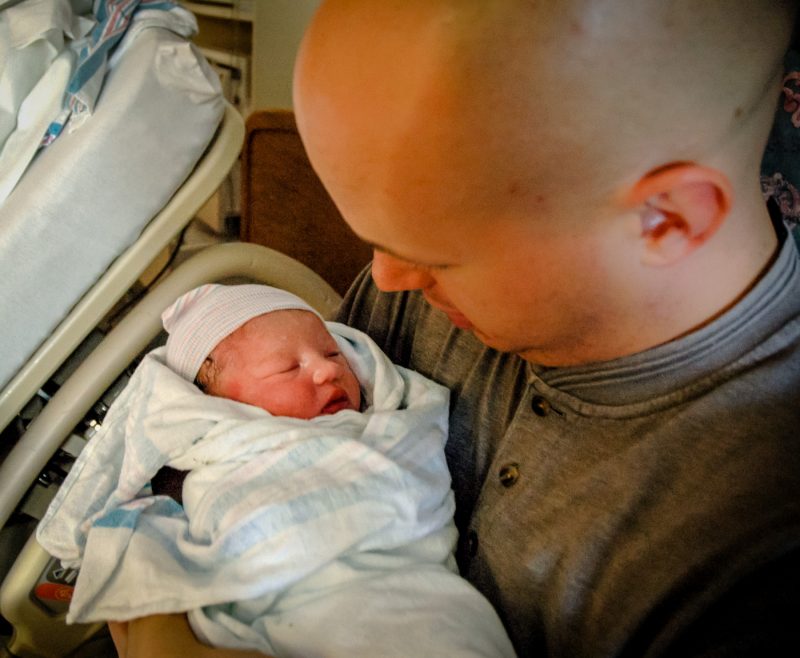I dislike my translation very much. There’s no child’s voice in it, no simplicity. But it gives you the idea of what the poem’s about…
On the bank of a sky-blue river
live many small sorrows.
The first is sad because
he can’t play in the garden.
The second — that water doesn’t want to be dry.
The third — that a fly flew into his ear.
And what’s more, that cats scratch,
That he can’t catch the hen,
That he can’t bite the neighbor’s leg,
and that it never rains sausages,
And the last sorrow is that
People travel by cars, and a pup has to go on foot.
But just give him a little milk,
and bye bye sorrows.
Na brzegu błÄ™kitnej rzeczki
MieszkajÄ… małe smuteczki.
Ten pierwszy jest z tego powodu,
Że nie wolno wchodzić do ogrodu,
Drugi – że woda nie chce być sucha,
Trzeci – że mucha wleciała do ucha,
A jeszcze, że kot musi drapać,
Å»e kura nie daje siÄ™ złapać,
Że nie można gryźć w nogę sąsiada
I że z nieba kiełbasa nie spada,
A ostatni smuteczek jest o to,
Å»e człowiek jedzie, a piesek musi biec piechotÄ….
Lecz wystarczy pieskowi dać mleczko
I już nie ma smuteczków nad rzeczkÄ….
